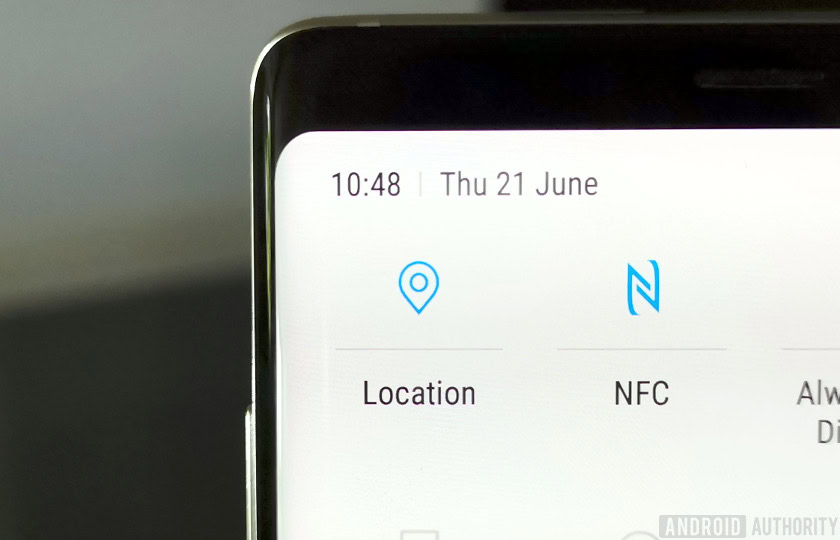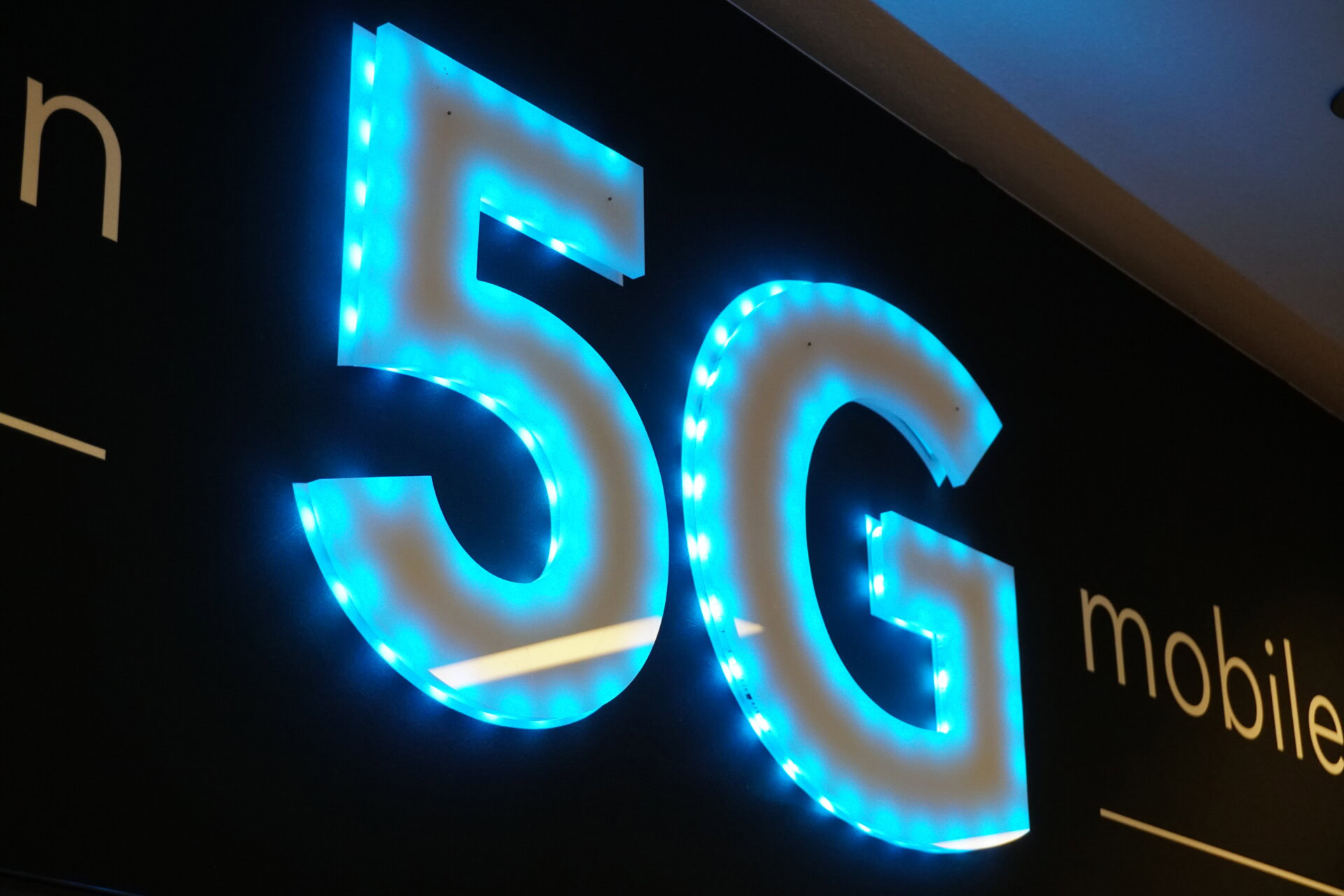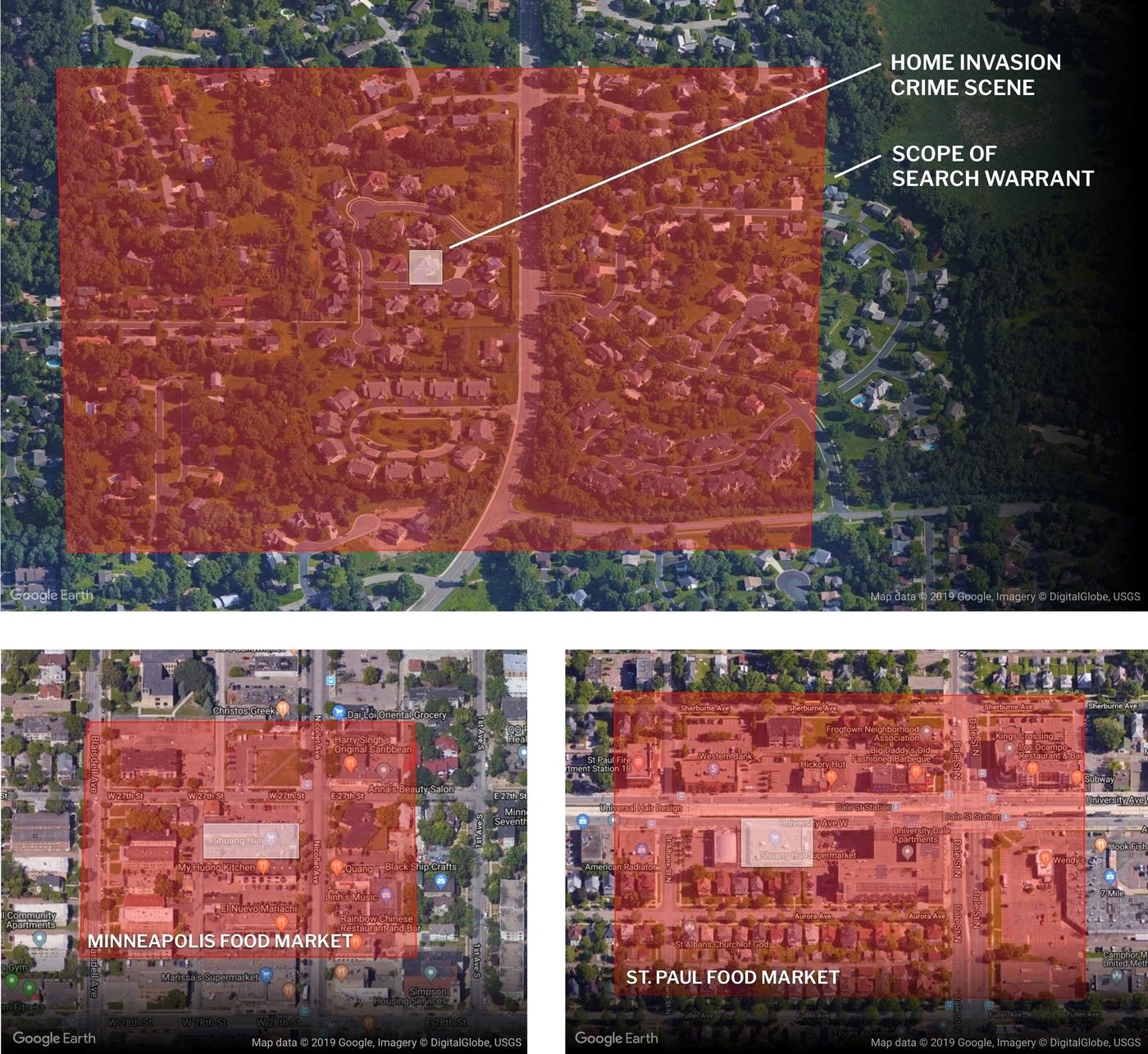Affiliate links on Android Authority may earn us a commission. Learn more.
'Reverse search warrants' for Google data becoming a privacy nightmare

- Reverse search warrants are becoming more commonplace.
- Minnesota, in particular, is using reverse search warrants more and more, which raises questions of public privacy.
- Reverse search warrants are requests made to Google for sometimes massive amounts of public data to help solve crimes.
In Minnesota, there have been at least 22 so-called “reverse search warrants” granted since August 2018. A new report from MPR News dives deep into the new trend of police requesting reverse search warrants from local judges, and how these warrants could potentially be a huge violation of public privacy.
A normal search warrant requires probable cause and a named suspect for approval. However, reverse search warrants instead ask for data related to the general public in a certain area at a certain time. Using this general data, police look for clues and anomalies and work backward from there, hoping to eventually identify suspects for crimes.
In most cases, reverse search warrants are issued to Google due to that company having the largest database of information related to location data through the smartphones we all carry around with us every day.
In one Minnesota case, in particular, police requested a reverse search warrant related to an in-home invasion and burglary. The judge in charge of the warrant decision took all of 10 minutes to decide to issue the request to Google. Google then provided the police with anonymized smartphone data for the following:
- Every smartphone used in a six-hour window in several square miles surrounding the neighborhood home.
- Every smartphone used in a 33-hour window in several square miles surrounding a grocery store owned by the victims, which is in a dense urban area.
MPR News doesn’t disclose how many different data points Google provided police, but judging from the requests it would likely be thousands or possibly even over a hundred thousand data points — meaning thousands and thousands of people.
Google is handing over thousands of smartphone data points to help police officers narrow down suspects.
Using this information, the police got to work trying to pinpoint anomalies in the data. They eventually discovered that one particular smartphone was in the vicinity of the house where the crime was committed around the time it would have started. That smartphone moved away from the house right before the 911 call was made, making the owner of the phone a suspect.
Since the data was all anonymized by Google before giving it to the police, the police then had to obtain another warrant requesting Google to give them the name and related information connected to that smartphone.
As stated at the top of this article, Minnesota police have done this at least 22 times since August.

It’s easy to see how this is a privacy and civil rights nightmare. In the case of this burglary, the smartphone in question could have been owned by a neighbor who was standing in his own backyard adjacent to the victim’s home. He could have been out there for a bit after hearing a strange noise, then have gone back into his house right before the 911 call was made. In that case, police would have obtained the data of an innocent man and possibly taken him in for questioning based on that data. That would likely end up on a police blotter, further tarnishing that man’s reputation.
That’s just one hypothetical example of how dangerous these methods can be.

The MPR News article also mentions that the way police officers ask for these reverse search warrants can be confusing for judges. For example, in the case mentioned above, the police requested the data by giving the judge GPS coordinates instead of a map. When a judge sees nothing but GPS coordinates, they likely won’t have much of an idea of what they mean. But if the judge got to see a map and thus have a good idea of just how wide a net the police were casting, they might have balked. As mentioned earlier, the judge only took 10 minutes to approve the reverse search warrant.
Finally, in the specific home invasion case discussed here, police didn’t even really need the reverse search warrant: without Google’s help, based on vehicle descriptions and a confidential informant, the police narrowed down a list of suspects without using the Google data. However, the Google data will help their case and could help determine if the suspects were part of other crimes in the area.
What do you think? Are reverse search warrants a valuable tool to protect the public, or is this a violation of our privacy? Let us know what you think in the comments.
NEXT: Google’s new permissions policy could cripple popular sex workers’ safety app